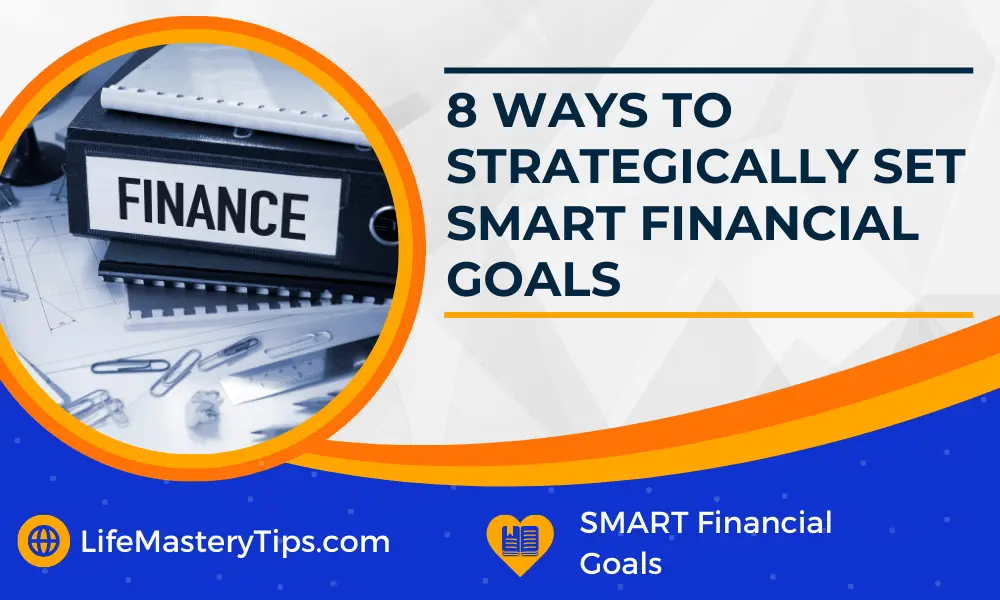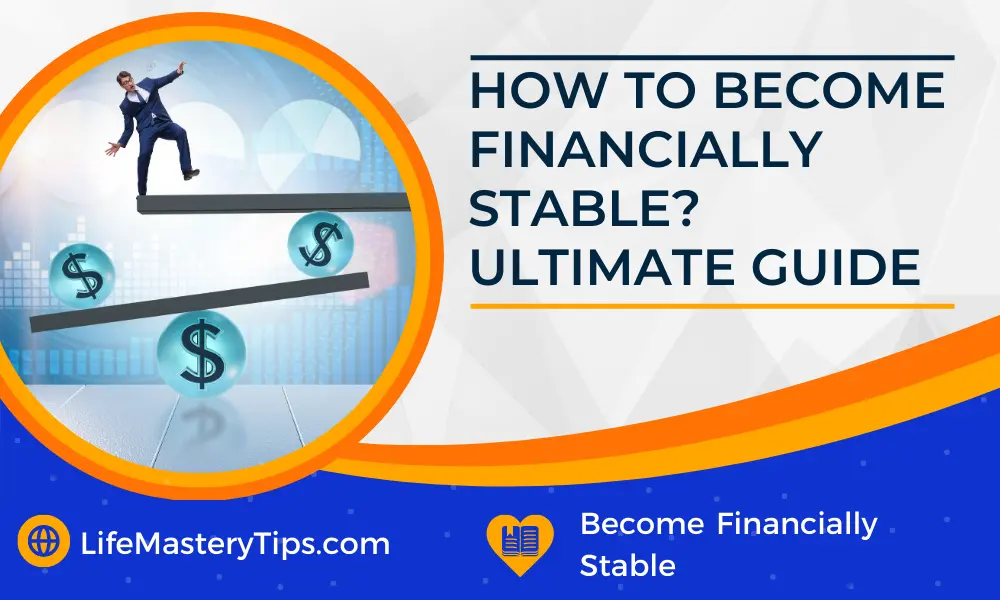Managing multiple debts, such as credit cards, student loans, and auto loans, can be challenging. One approach to simplify your financial landscape is debt consolidation, a process involving the use of a new loan or balance transfer credit card to pay off existing debts, often at a lower interest rate.
What is Debt Consolidation?
Debt consolidation merges multiple debts into a single loan, potentially offering benefits like lower monthly payments, faster debt payoff, improved credit scores, and simplified financial management. This process can be achieved through a personal loan or a balance transfer credit card.
Occasionally, lenders impose sign-up or origination fees. Nevertheless, numerous fee-free options with varying interest rates exist, contingent on your credit score. When selecting a personal loan, prioritize those with minimal fees, ensuring a thorough understanding of the loan terms and features before acceptance.
Alternatively, another avenue for debt consolidation involves utilizing a 0% APR balance transfer credit card. This approach is viable for consolidating debts across multiple credit cards. For instance, with credit cards like the Citi Simplicity® Card or the U.S. Bank Visa® Platinum Card, you can transfer balances from existing credit cards.
Leveraging the introductory 0% interest offer, you can pay off a substantial portion of your debt. The Citi Simplicity Card boasts a 0% intro APR lasting 21 months from the first transfer date (subsequently, 19.24% – 29.99% variable; transfers must occur in the initial 4 months). Similarly, the Visa Platinum Card provides an interest-free period for the initial 18 billing cycles (post this period, 18.74% – 29.74% variable).
Debt Consolidation with Personal Loans
With a personal loan, the borrowed amount is used to pay off individual debts. Standard personal loans, not necessarily labeled as “debt consolidation loans,” can serve this purpose. Some lenders handle direct payments to existing creditors, while others disburse funds for borrowers to manage.
Balance Transfer Credit Cards
Alternatively, a balance transfer credit card provides a temporary 0% introductory APR, allowing qualified borrowers to transfer existing balances. This strategy can provide a window to pay off the consolidated debt without accruing additional interest.
How Does Debt Consolidation Work?
Debt consolidation involves a straightforward three-step process:
- Take out a new loan: Acquire a new loan or credit card with more favorable terms.
- Use the new loan to pay off old debts: The funds from the new loan are utilized to settle existing debts.
- Pay off the new loan: Focus on repaying the consolidated loan, potentially benefiting from lower interest rates.
Example: If you have $20,000 in credit card debt with high-interest rates, consolidating it into a $20,000 personal loan at a lower interest rate can expedite debt payoff and save on interest.
Is Debt Consolidation a Good Idea?
Debt consolidation is advantageous for those with multiple high-interest loans, provided their credit score has improved. However, it may not be suitable if the underlying financial habits leading to the debts remain unaddressed.
Pros of Debt Consolidation
One significant advantage is the potential to secure a lower interest rate when consolidating your debt. By obtaining a consolidation loan with a reduced Annual Percentage Rate (APR), you can save a considerable amount of money.
For instance, if you currently carry a total debt of $9,000 with a combined APR of 25%, resulting in a monthly payment of $500, you’ll pay $2,500 in interest over approximately two years. However, with a debt consolidation loan featuring a 17% APR and a two-year repayment term, your new monthly payment could be $445, leading to a savings of $820 in interest.
- Streamlines Finances: Reduces the number of payments and interest rates, potentially improving credit.
- May Expedite Payoff: Allows for faster debt repayment, especially with lower interest rates.
- Could Lower Interest Rate: A chance to secure a reduced overall interest rate, saving money.
- May Reduce Monthly Payment: Offers a lower monthly payment, aiding budget management.
- Can Improve Credit Score: Responsible debt consolidation can enhance credit by reducing credit utilization.
Alternatively, qualifying for a balance transfer card could allow you to enjoy a zero-interest promotional period lasting up to 21 months, though you may incur a 3% to 5% balance transfer fee.
Cons of Debt Consolidation
One significant drawback is the potential inability to qualify for a low-interest rate. Acquiring a balance transfer card, often seen as a beacon of debt relief, can be an uphill battle, requiring a commendable credit score of 690 or higher. Despite debt consolidation loans being more attainable, even catering to those with poor credit (629 or lower), the interest rates tend to favor borrowers with stellar credit histories.
- May Come With Added Costs: Potential fees like origination fees and balance transfer fees.
- Could Raise Your Interest Rate: Qualifying for higher rates may result in increased overall interest payments.
- You May Pay More In Interest Over Time: Extended loan terms can lead to more interest paid in the long run.
- Risk of Missing Payments: Missing payments can harm credit and result in additional fees.
- Doesn’t Solve Underlying Financial Issues: Simplifies payments but doesn’t address root causes of debt.
- May Encourage Increased Spending: Paying off debts may lead to the illusion of extra funds, risking more debt.
If the lender fails to present a rate lower than your existing debts, the wisdom of debt consolidation becomes questionable. Exploring alternative strategies, such as the debt avalanche or debt snowball methods, might prove more prudent.
When Should I Consolidate My Debt?
Consider debt consolidation if you have a significant amount of debt, plans to improve finances, a higher credit score, and sufficient cash flow to cover new monthly payments.
How To Get a Debt Consolidation Loan
Qualifying for a debt consolidation loan involves checking your credit, gathering necessary documents, obtaining payoff estimates from current lenders, shopping for competitive rates, and submitting an application. Once approved, lenders disburse funds, and borrowers manage payments accordingly.
How long does debt consolidation stay on your credit report?
The impact on your credit report depends on payment history. Negative information, if any, stays for seven years, while positive information, such as paid-off loans, can remain for up to 10 years. Responsible debt consolidation can contribute positively to your credit history.




